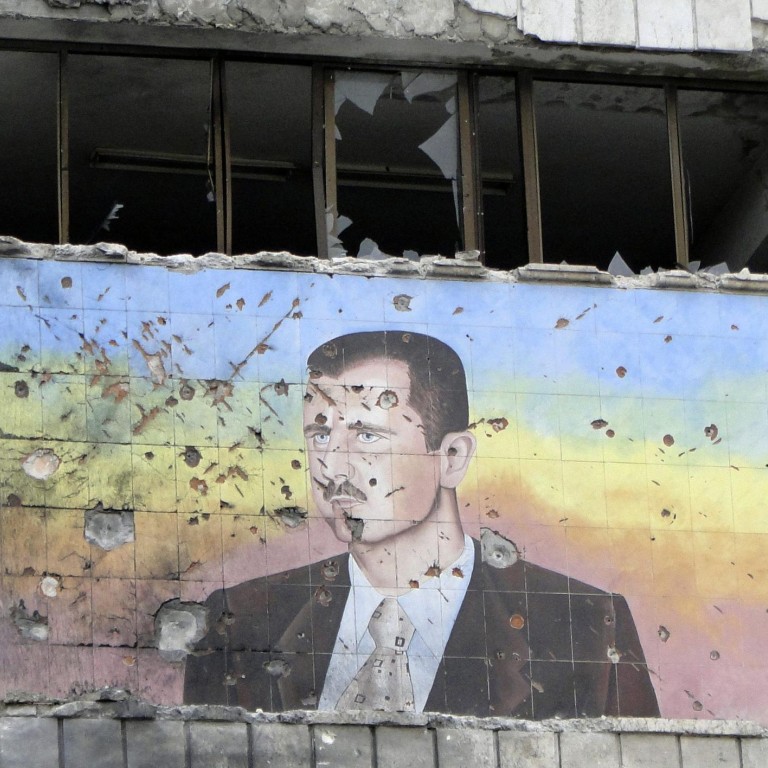
Syrian president Assad central to remaking of Mideast's political map
Syrian president hints he may run for re-election while opposition and US say he must step down
At the core of the extraordinary diplomatic push launched this week to end Syria's civil war is the fate of one man: Syrian President Bashar al-Assad.
Assad has steadfastly maintained power during nearly three years of war and hints that he may run for re-election this year. But the Obama administration and the US-backed opposition have said Assad must step down in any peace deal. That strategy may have backfired, contributing to a protracted conflict, a radicalisation of the armed opposition and a consolidation of Assad's support in Syria.
While Assad is at the centre of the debate about Syria, his future has significance far beyond the country's borders.
Syria is one of the key pieces of a delicate reordering of the political map of the Middle East. The conflict has become a proxy war in the regional conflict between Sunni Muslims and Shiite Muslims. The US effort to end decades of estrangement with Shiite Iran, starting with an interim deal to limit its nuclear programme, has further angered long-time ally Saudi Arabia, Iran's Sunni archrival. The monarchy was already upset that Washington has not been more aggressive against Assad, Iran's long-time ally.
Few expect the peace negotiations, which move from Montreux to Geneva today for face-to-face meetings between the government and the opposition, to reach a swift resolution.
Washington appeared to be doubling down on the demand that Assad must go.
The "only thing standing" in the way of a political solution is "the stubborn clinging to power of one man, one family", Secretary of State John Kerry told the conference, adding: "One man and those who have supported him can no longer hold an entire nation and a region hostage."
Assad, who was not at the conference, showed no sign of backing down.
Syrian officials and their Russian allies have indicated flexibility on a number of issues, including possible cease-fires, prisoner exchanges and bolstered humanitarian access to besieged areas. But Syria says Assad's future is non-negotiable.
"Syrians alone have the right to choose their government, their parliament and their constitution," Syrian Foreign Minister Walid Moallem told diplomats who had come to Montreux from more than 30 nations, most seemingly hostile to Assad. "Everything else is just talk and has no significance."
Despite its oft-stated antipathy towards Assad, Washington has also shown a willingness to work with his government when necessary.
The deal reached last year to avert US airstrikes was contingent on Assad's willingness to renounce his chemical weapons stockpiles under international supervision.
Some observers, notably Ryan Crocker, a former US ambassador to a number of Mideast and South Asian countries, have said that Assad is unlikely to fall and it would be wise for Washington to engage his government as an alternative to Islamic radicals.
